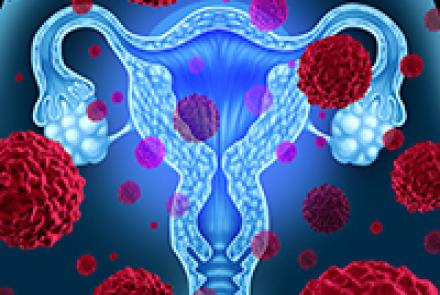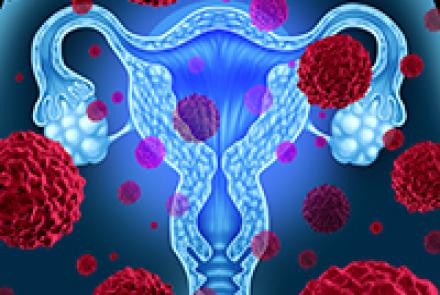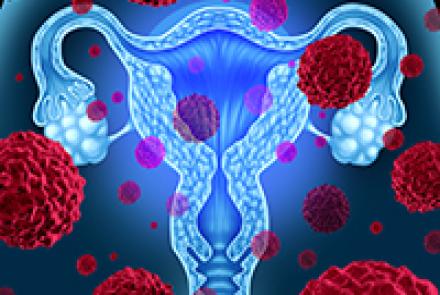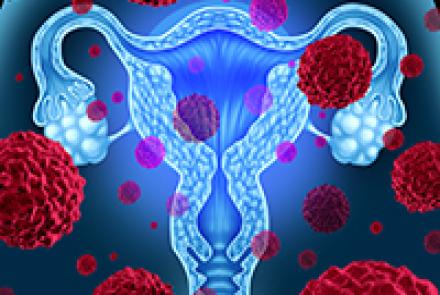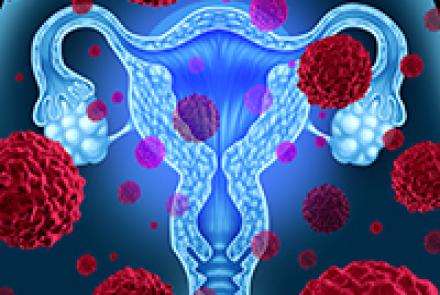
Yes. Almost 70% of cervical cancers can be prevented by it, says obstetrician and gynaecologist Dr Chandan Dubey, and strongly advocates that the HPV vaccine be made part of the national immunization programme.
What does screening for cervical cancer involve?
Cervical cancer is the most easily preventable gynaecologic cancer because cervix is so accessible to screening.
Cervical cancer screening involves 2 tests:
- Pap smear or liquid based cytology (LBC): This test involves looking for changes in cells from cervix which could progress to cancer if not detected and treated if necessary.
- HPV DNA test: This test is to detect certain HPV (Human Papillomavirus) viruses which can cause these changes.
Women should have a pap test or LBC every 3 years starting from age 21 years up to 65 years. After 30 years of age combined Pap test and HPV virus testing is recommended and then needs to be repeated only every 5 years till the age of 65 years.
A cervical screening requires a woman to lie down on an examination table or couch on her back. She is asked to draw up her knees and take them apart. A metal or plastic instrument called a speculum is inserted gently into the vagina by the doctor and the cervix is inspected under good light. Cervix is the opening of the uterus or womb. A brush is gently rubbed on the cervix and the cells deposited on the brush are transferred to a liquid which is sent for cytology testing.
HPV DNA may be tested with a swab from the cervix or the same specimen may be used. A pelvic examination may be done at the same time, where the gynaecologist feels for the uterus, tubes and ovaries.
The test result if normal will need to be repeated as per local screening protocol. Around 5% women may have some abnormal cells and will need to have HPV virus testing if mild abnormality is present.
If HPV test is positive or abnormality is of a higher grade then a test called colposcopy is done. Cervix is viewed under magnification with a telescope and biopsy taken as needed.
Do you send screening reminder to all your eligible patients?
Cervical cancer screening needs to ideally include all women of the recommended age group. This needs the regional health service delivery systems of a particular area to be involved. Formal screening programmes are developed by some countries to cater to the eligible women who need to be covered.
At what stage do most patients with cervical cancer come to you for their first visit/diagnosis?
In all stages of cervical cancer - early and advanced.
Are you involved in any awareness programs/campaigns?
Educating patients in my clinic who come for any problem if they are in the eligible age group and strongly recommending them for cervical screening.
What do you think should be the best way to spread awareness and education about cervical cancer screening?
In countries where there is a national screening programme for cervical cancer it is easier to spread awareness than in countries like India where spreading awareness and education about the prevention of this dreaded disease is a challenge as such programmes still do not exist. Doctors, especially gynaecologists are already involved by offering opportunistic screening to all women who present to them for any other health problem and are in the eligible age group. Health ministry, NGOs, media and health websites all need to be involved.
Related article: Cervical Cancer screening and diagnosis do not occur in the same facility leading to a loss of followup.
Have you noticed any trends regarding cervical cancer epidemiology in your practice such as an emerging risk factor, etc?
Incidence of cervical cancer seems to be on the decline as more and more women are being covered under screening. This is also reflected in international statistics in areas where formal cervical cancer screening programmes are in place.
Which HPV vaccine do you use: Gardisil or Cervarix?
Cervarix is available in the hospital where I work hence I use that. For prevention of cancer cervix all available vaccines are equally effective. Gardasil offers additional protection against genital warts.
At what age do you recommend the HPV vaccine?
HPV vaccine is recommended for 11 and 12 year old girls. It can be given up to 26 years of age for those who have missed it earlier.
If you recommend the vaccine for teenagers, what is the most common response of mothers? How do you deal with it?
Most mothers are very receptive to the idea of cervical cancer prevention vaccine and agree for it after proper counselling.
Do you recommend HPV vaccine to sexually active women?
HPV vaccine is most effective when taken before sexual activity is initiated because the exposure to HPV virus occurs only after sexual activity. It is recommended for women upto 26 years of age if they have missed it earlier, even if they are sexually active. The vaccine will still give some protection.
Have you noticed any side-effects of the vaccine?
Minor side effects like pain at injection site and occasionally dizziness for a few minutes are the possible side effects.
Do you think more females need to be aware of and take the vaccine?
Like all vaccines, the maximum benefit will be derived if the entire eligible population is covered. This will be possible only if all governments take the initiative and make HPV vaccine a part of the national immunization programme. 70% of cervical cancers can be prevented by vaccination. All HPV viruses which can cause cancer cervix are not covered by the existing vaccines hence screening is still necessary for vaccinated women also.

